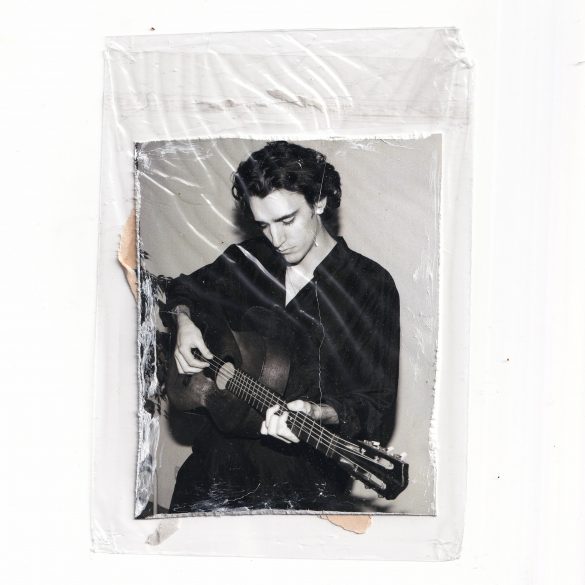Where are you currently based?
I’m currently based in Antwerp, Belgium.
How did you first start playing music?
Around age 10 I started playing classical piano. Not for long though. A couple of years later I quit and didn’t play any music for a year until I sat down at the piano again aged 14 and wrote my first song.
What’s been happening recently?
Mostly promo for the new album and I’m currently on tour in North America.
You Don’t Own Me’ is your latest single and is out now, how did this track come about?
When I was still living in Amsterdam I rented a bedroom at a friend’s house which had a piano in it. Every morning and evening before and after my lessons I would play. I always kept the silencing pedal on because our neighbors downstairs hated noise of any kind. Often they complained during the day which I thought was very silly, but sometimes when I played later in the evening I guess they had a point. When the first chords and melody arrived of ‘You Don’t Own Me’ I knew it was past a reasonable time to play but there was a big sense of urgency that made me sit down at the piano anyway. Only years later, funnily enough when I was visiting Amsterdam again (I didn’t live there anymore) I re-listened to the recording on my phone and started humming a melody for the verse and working on the first lyrics sitting in a hotel bar. To me the lyrics aren’t directed towards a specific person, group, or place of power. It’s more of an ode to Freedom and a stance to any form of oppression. I hope oppressed individuals and/or groups can find solace in a song like this.
What does You Don’t Own Me mean to you?
I had just read ‘Man’s Search For Meaning’ by Viktor E. Frankl, which has become one of my favorite books, and of which these quotes came to mind when I was writing ‘You Don’t Own Me’:
“Even the helpless victim of a hopeless situation, facing a fate he cannot change, may rise above himself, may grow beyond himself, and by so doing change himself. He may turn a personal tragedy into a triumph.”
“Is this to say that suffering is indispensable to meaning? In no way. I only insist that meaning is available in spite of – nay, even through – suffering, provided that the suffering is unavoidable. If it is avoidable, the meaningful thing to do is to remove its cause, for unnecessary suffering is masochistic rather than heroic. If, on the other hand, one cannot change a situation that causes his suffering, he can still choose his attitude.”
Your album ‘Sahar’ is out on September 23, what influenced the sound and songwriting?
I played a lot of oud, which is an Arabic lute. I used it both to write songs as well as a prominent color in the arrangements.
Please tell us about the songwriting writing process that you went through for Sahar:
The beauty of songwriting is its mystery.
Where were you whilst writing the album and did the location affect the album in anyway?
I was most often in Antwerp. It was mainly the fact that I was home again after a long tour that gave me space and time to write the album.
Where and when did you record/produce/master and who did you work with?
I started recording at my place, a lot of those early recordings ended up on the album. We then recorded a lot at co-producer PJ Maertens’ studio, ICP and Jet studio’s in Brussels. 6 songs were mixed by Jon Low in Long Pond studio. The 4 other songs were mixed by other co-producer Jo Francken and PJ. The mastering was done by Dave Kutch at the mastering palace.
How did you approach the recording process?
We left a lot of room for experimentation in the studio. I feel like the character of each individual musician shines through really well.
What’s planned for the remainder of 2022 going into 2023?
Planned for the rest of 2022 and 2023 is tour. Finishing up the North American tour end of October. We take the tour further into Europe right after and will announce new dates for 2023 very soon.
Play Sahar
